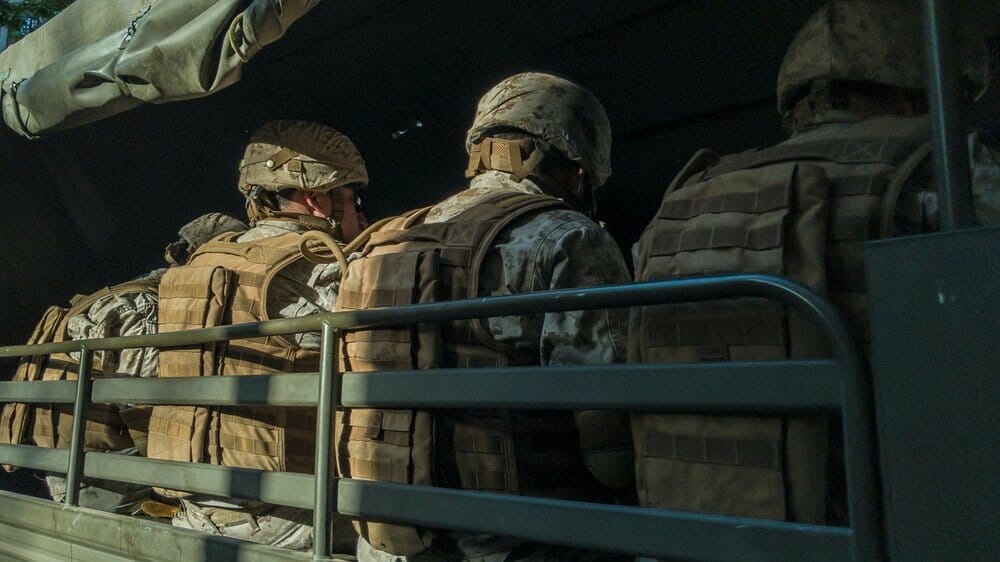

Finding Healing and Purpose: Tim’s Story
By Hannah Kimyon
Tim Jensen was basically born to be a serviceman. He became enamored by the military from a very young age after finding a box of his grandfather’s military accolades. And although his grandfather never spoke much about the experience, elementary-aged Tim spent hours using his Encyclopedia Britannica to piece together what the experience must have been like based on the medals and ribbons in that box. He knew he wanted to follow in his grandfather’s footsteps. In highschool, his mother eventually took him to Washington DC and showed him each of her fallen classmates’ names on the Vietnam Wall after he shared his ambitions with her. She wanted him to understand the gravity of joining the military, and it only solidified his resolve that this was what he wanted to do.
Tim ended up joining the marines in 1997. He spent 4 years on active duty as an 1833 Amphibious Assault Crewman but was never deployed. In May of 2001, he went back to Chicago where he became a Union Carpenter, but when 9/11 happened and it became clear the United States was headed to war, he re-enlisted. He ended up in a prestigious unit (2nd Battalion 24th Marines, Weapons Co) and was deployed to the Triangle of Death in Iraq. In 2005, he left the military and eventually went on to become a founding member of Grunt Style, the largest military and patriotic apparel company in the United States.
Years later, during the chaos that ensued with the United States’ withdrawal from Afghanistan in August of 2021, Tim became very triggered by memories from his time in combat. Even though he hadn’t served in Afghanistan during his service, he had experienced his own trauma and the loss of his own military brothers during his time in Iraq. On top of that, as a high profile member of the veteran community, he was immersed in the community’s tumultuous mix of emotions as the withdrawal ensued. Repressed traumatic memories from his time in Iraq began plaguing him. Tim describes a paralyzing “survivor’s guilt,” that would render him too anxious to function or to process the grief of the losses he experienced in war. He knew he had to do something.
After writing off the VA and his experience and the pharmaceutical treatments they had prescribed him over the years, Tim was more than open to the idea when a friend suggested he try psilocybin for mental health. He’d had some recreational experiences with psychedelics in the past, but was curious to see if he could experience the “healing” his friend had described. The experience floored him. He describes it as “sitting with his own mind and emotions,” and was able to process the negative flashbacks to the point where they stopped plaguing him from then on out. Tim was onto something.
A few months ago, another friend presented Tim with the opportunity to take his journey to the next level with ayahuasca, and he didn’t even have to venture into the jungle or spend a significant chunk of time away from his family in order to do so. From the vantage of a beautiful Oregon home on the mountainside, Tim embarked on two ayahuasca ceremonies. As he tells it now, Tim came away from those two nights with utter clarity about the principal takeaways from his experience. On the first night, he processed his survivor’s guilt down to the molecular level and was able to see how some of his behaviors had exacerbated his anguish since leaving the military. On the second night, he walked with his ancestors, who showed him his life’s purpose on this earth: “bringing this medicine to our veteran community to help heal and bring resolution to a lot of individuals who are struggling”
Tim describes his experiences with ayahuasca as deeply spiritual, but also notes that “spirituality isn’t necessarily God, or Jesus, or any significant religious figure. I believe that spirituality is YOU. It’s the soul inside of you that makes you different from everyone on this planet and guides you. It’s your conscience. It’s your inner compass. It’s your wisest self. It’s the you beyond your ego.” From this place of deep connection to his truth, some major changes have unfolded in Tim’s life. After years of smoking cigarettes, Tim stopped cold turkey. He also experiences no desire to drink alcohol. His relationships with others are evolving, and he’s seen his gratitude for others increase while his patience for naysayers decreases. “I used to care so much about what others thought of me, and that’s gone now.” He’s taking moments to be present with those around them and make sure they feel acknowledged and seen. Tim ENJOYS people for the first time in as long as he can remember. He’s able to acknowledge and move through his emotions without letting them take him over. His relationship with his children is a priority, and he’s able to be there for them in ways he wasn’t capable of before, as he’s doing more nurturing of himself. “The way I see it, the Tim that my family knew and grew up with died in the desert in Iraq. The Tim that came back from war died in the hills of Oregon with ayahuasca. The Tim that I am now is on a path to bring healing to the community I serve.”
Everyday he’s working to integrate his experience, and it shows up for him in new ways all of the time. Although he’s making it a point to use his platform to help other veterans find healing through psychedelics, he also acknowledges that psychedelic healing is NOT for everyone. “You only get out of it what you put into it, so you have to be willing to do the work.” Although he’s made great strides and feels solid with where he is on his journey, Tim knows he’s just started scratching the surface. “My journey is incomplete. I think there’s more work for me to do, and I look forward to my next experiences with ayahuasca to understand that and begin to reach the version of Tim who showed up in Iraq to begin with.”
